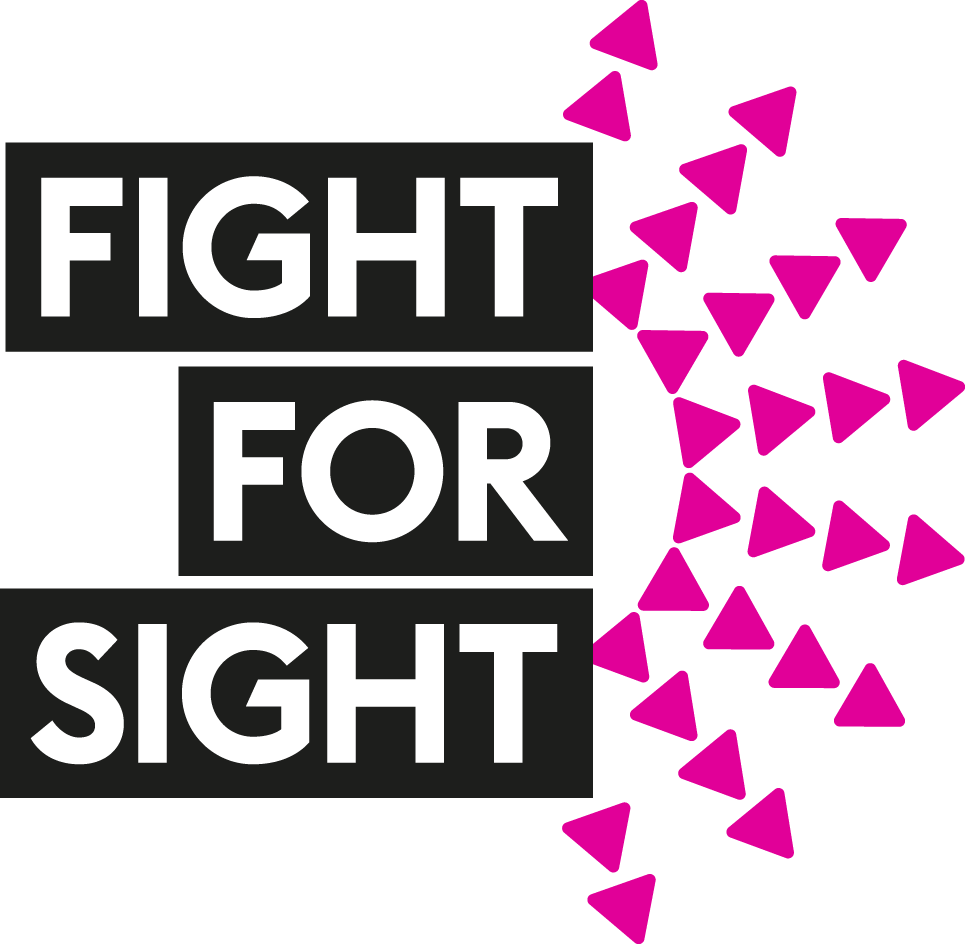Guest blog: Dr Marianne Coleman sheds light on her dementia and depth perception research project
My background
The universities that teach orthoptics (Liverpool, Sheffield, Glasgow Caledonian) are all very research active, so in my undergraduate clinical training I was really lucky to get the chance to not only volunteer for research studies, but also to help with some of the analysis for projects that were running in the department. It was very exciting, as you really feel like you’re on the cutting edge of clinical practice. That gave me the bug, so to speak. When I qualified, I wanted to do the best I could for my patients, so I would read academic journals to find out what was new that could improve my practice. But the more I read, the more I realised that there were still lots of unanswered questions about the things orthoptists do in their everyday work. I wanted to find answers to those questions, so that was what inspired me to do research.
My area of work
I’m an orthoptist – it basically means ‘straight eyes’. This means I help people who are experiencing problems using their eyes together as a pair. When our eyes don’t line up, this can cause all kinds of issues, from seeing two of things or loss of depth perception, to sore eyes and headaches. This can have a knock-on effect on your daily activities, like reading, fiddly hand-eye tasks and even the way you walk. These are the kind of things I research. Even though the essence of orthoptics is helping people use their eyes together to see in depth, it’s only been in the last ten years or so that we’ve developed a better understanding of the day-to-day benefits of having depth perception.
Dementia and depth perception
It’s pretty uncharted territory – that’s what’s exciting! It’s fairly common knowledge that dementia affects depth perception but there’s hardly any research on it. It’s great that Fight for Sight aren’t afraid to fund something a bit different.
We don’t know how many people with dementia actually experience depth perception problems. Also, some causes of reduced depth perception in older people are to do with the eye muscles, rather than dementia, and can even be treated quite simply, so picking these up is important too.
Currently, we don’t know what the most dementia-friendly ways of measuring depth perception are. Orthoptists have lots of different depth perception tests to use with people who have learning or memory difficulties. Finding out which tests generate the most accurate results for people who have dementia will be helpful.
Unfortunately, we are unsure as to whether depth perception gets worse as dementia progresses. If your depth perception isn’t good, you are at increased risk of having a fall which can really knock your confidence and have an impact on so many other aspects of life, including general health and wellbeing. So identifying things that put you more at risk of having a fall is important.
Depth perception is what I specialise in, so I hope this project will help us to understand how it’s affected in dementia, and whether monitoring it could be a different way of looking at dementia. Only a few small studies have looked at how people’s pupil reactions change with dementia too, so that’s another exciting aspect of the project. The kit we use to measure that just records a little video of the eyes. It’s non-invasive, like all our eye tests in the project, so we hope it’ll work well.
People looking after someone they love who lives with dementia are always worried about whether changes they see are an indicator of things getting to the next stage. If we find some simple tests that do map onto changes in the brain, it could have a positive impact on the lives of many.
Primer Award Fellowship
It’s a really important stepping stone to becoming an independent researcher. When you’re a junior researcher like me, you are mainly employed to work on other people’s research. It can be really hard to get funding to conduct your own research, even when you can make a good case for why it’s important and could make a difference. You’re more likely to be successful if you can demonstrate that you’ve already been in charge of some major research projects. Research funding is really limited so funders want to be sure it goes to somebody who can deliver a really high quality project. So if you’re a junior researcher, getting that first bit of funding to be able to design and deliver your own research idea that you’re passionate about is important.
Fight for Sight has a really great history of supporting junior researchers – I was very lucky to have completed my PhD on a Fight for Sight funded project and I learned so much about how to design and deliver good clinical research. But you need to continue developing your research skills too. It doesn’t stop when you finish your doctorate; it’s just the beginning. So that’s what the Primer Fellowship is – a chance to push boundaries with your own research ideas, and strike out while having the right support and mentorship behind you. We do lots of exciting dementia research here at the University of Surrey that focuses on keeping people with dementia in their own home for as long as possible and it’s fantastic to be able to contribute to a new dimension of that work.


